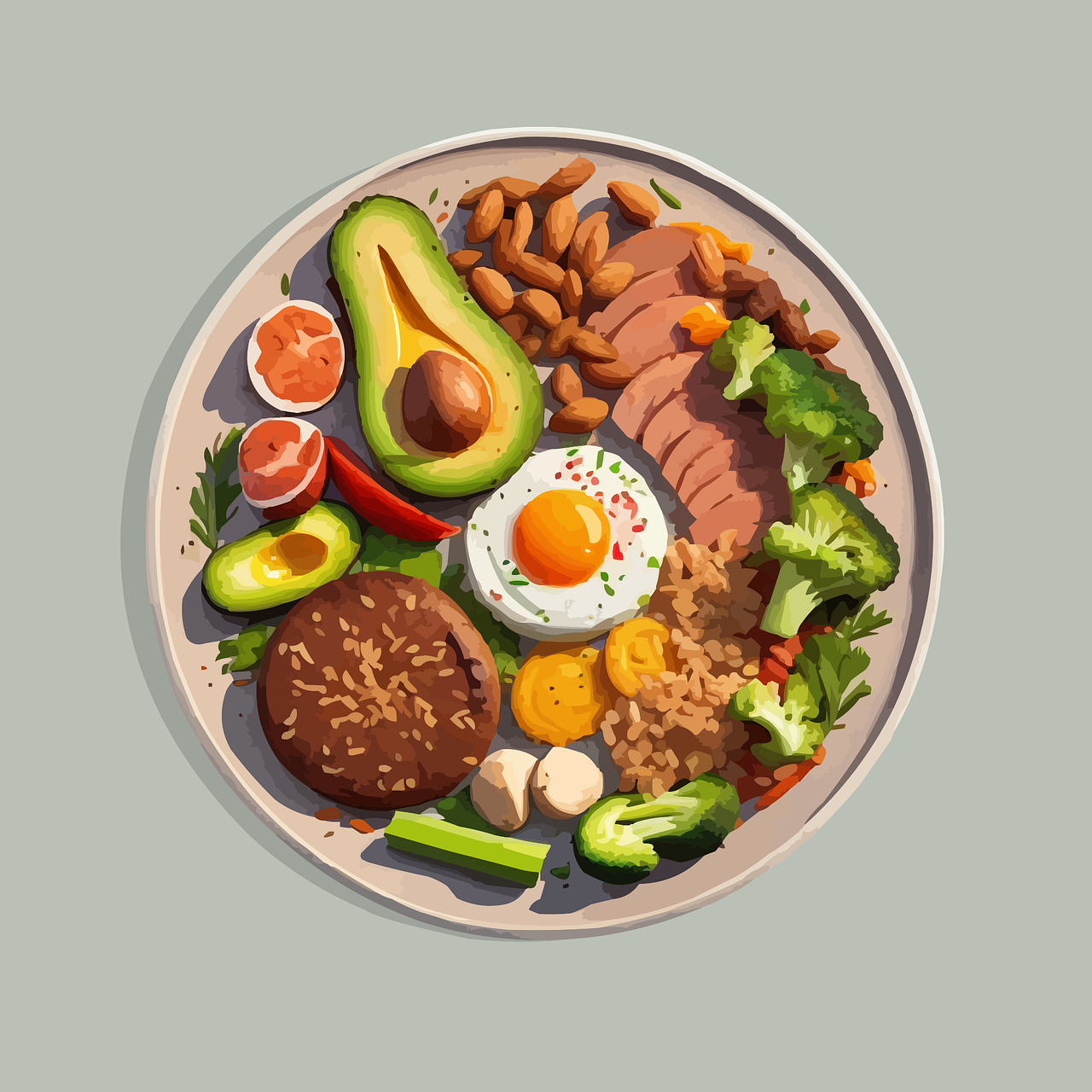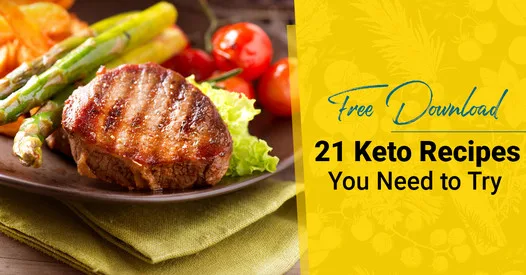Navigating the world of keto diets can feel like a complex maze. Luckily, you’re not alone on this journey. This comprehensive guide, titled “Keto Diet Protein Percentage for Weight Reduction,” breaks down all the essential information you need to understand about the importance of protein in the famously low-carb diet. We’ll discuss the right protein percentage that you need to effectively shed those excess pounds. It’s time to unlock a healthier, more confident version of yourself — let’s get you on the right track with your keto diet.
Understanding the Keto Diet
The ketogenic, or keto, diet, is a popular nutritional plan renowned for inducing rapid weight loss. It might seem new, but the keto diet has been around for almost 100 years.
Definition and Overview
The ketogenic diet is a dietary plan that focuses on high-fat, adequate-protein, and very-low-carbohydrate intake. By drastically reducing carbohydrate intake, your body is put into a metabolic state known as ketosis. This state prompts your body to burn fat, rather than carbohydrates, as its primary fuel source.
Basic Principles of the Keto Diet
The basic principle of this diet revolves around getting your body into a state of ketosis. To reach ketosis, you decrease your intake of carbs while increasing your intake of fats. Your body then has to turn to stored fat, rather than dietary carbs, for energy, which aids in weight loss.
Types of Keto Diet
Several versions of the keto diet exist and the most common ones include the standard ketogenic diet (SKD), the cyclical ketogenic diet (CKD), the targeted ketogenic diet (TKD), and the high-protein ketogenic diet. Each version applies the same basic principles but varies in terms of the specific macro-nutrient ratios.
Protein in a Keto Diet
While the focus of a keto diet might be on fat, protein plays a vital role in the success of this dietary regimen.
The Role of Protein in the Body
Protein is considered the building block of life. It’s essential for various bodily functions, including tissue repair, enzyme and hormone production, and supporting the immune system, among others.
Importance of Protein in Keto
Given its role, the importance of protein in a ketogenic diet can’t be overstated. While in ketosis, due to a reduction in carbohydrates, your body starts to utilize fat and protein to maintain bodily functions. Adequate protein intake prevents your body from using the protein in your muscles as a source of energy.
High-Protein Foods Suitable for Keto
On a keto diet, excellent sources of protein include meat, fish, and eggs. Other good sources can be dairy products, nuts, and seeds; however, these also contain carbs so they should be eaten mindfully.
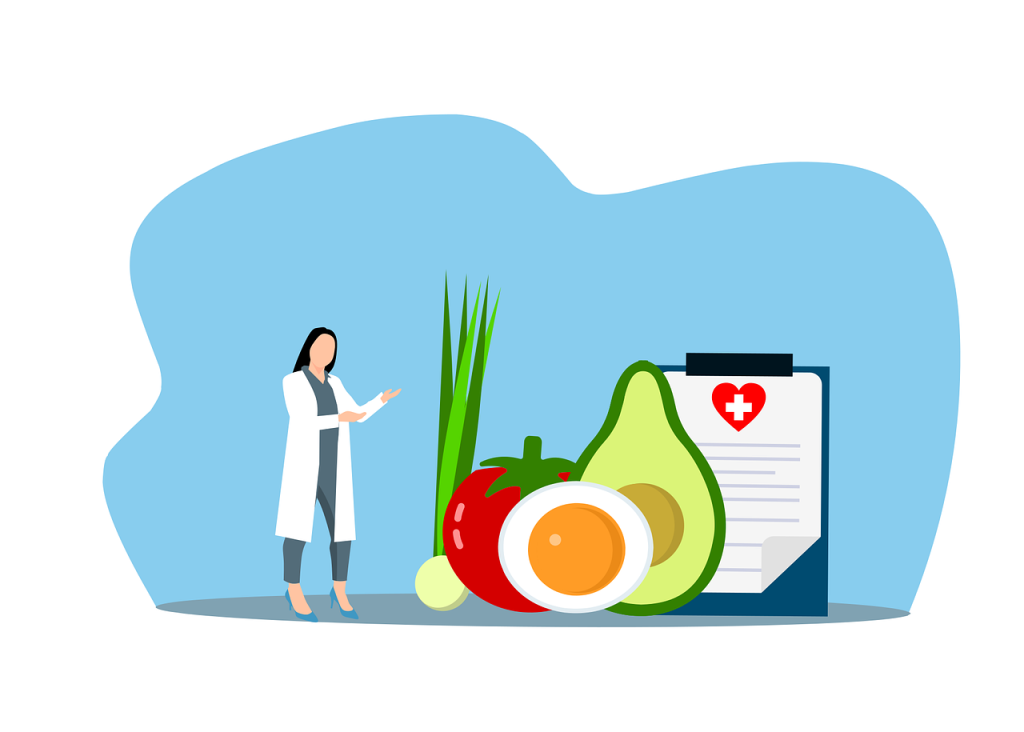
Ideal Protein Percentage for a Keto Diet
Knowing the right amount of protein to consume during a keto diet can make a significant difference in its success.
Typical Protein Ranges
For a typical ketogenic diet, protein is usually kept within the range of 10 to 20 percent of total daily calories. However, these percentages can be tailored to each individual’s needs.
Calculating Your Protein Needs
To calculate your optimal protein intake, consider your body weight, fitness level, and weight loss goals. A general guideline is to aim for 0.8 to 1.5 grams of protein per kilogram of body weight, but this will vary depending on your individual circumstances.
Protein Balance in a Keto Diet
Ensuring a balance of protein in a keto diet is crucial. Consuming too little protein can lead to muscle loss, while too much can prevent ketosis and weight loss.
Effects of Protein on Weight Reduction
Including the right amount of protein in your diet can significantly boost your weight loss efforts.
How Protein Aids in Weight Loss
Protein, being the most satiating macronutrient, can reduce hunger and the desire to snack on high-carbohydrate foods. It also has a high thermic effect, meaning it requires more energy to digest, which results in more calories burned.
Protein Satiety and Caloric Intake
By inducing satiety, protein reduces overall caloric intake. This makes you less likely to consume additional calories that can lead to weight gain.
Protein’s Role in Muscle Mass Maintenance
When you are in a state of caloric deficit, such as when following a keto diet, adequate protein consumption can help protect your muscle mass, ensuring most of the weight you lose is body fat.
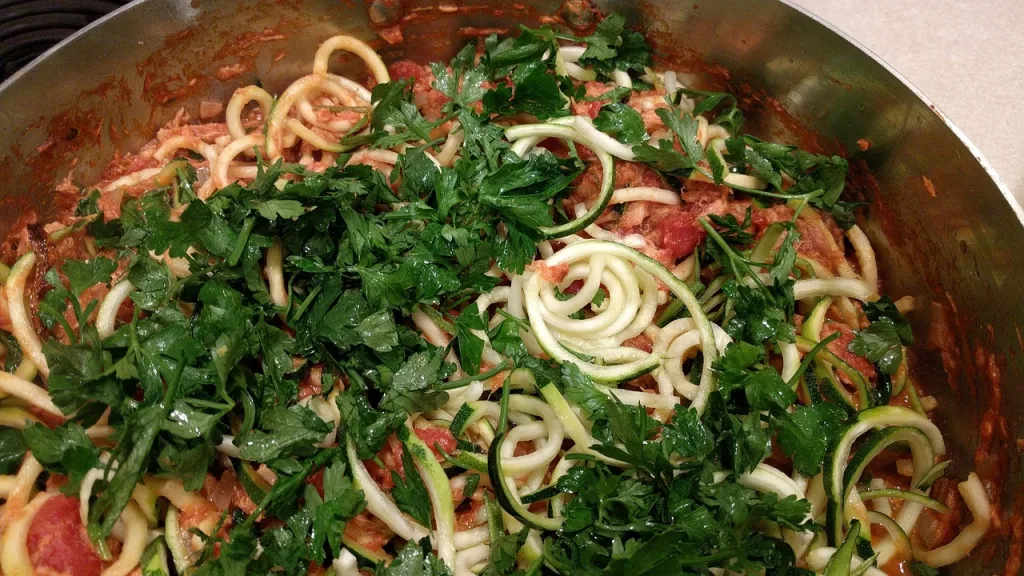
Achieving Protein Goals in Keto
Crafting your meals thoughtfully can help you meet your protein goals in a keto diet.
Strategies for Meeting Protein Goals
Including a source of protein in every meal, choosing high-quality and low-carb protein sources, and considering protein shakes can help you comfortably reach your protein goals.
Balancing Protein with Other Macronutrients
Achieving a balance amongst protein, fat, and carbohydrates isn’t an easy task; however, tracking your food intake, and making periodic adjustments based on your progress, can assist you.
Sample High-Protein Keto Meal Plans
A sample high-protein keto meal plan could look like this:
- Breakfast: Scrambled eggs with spinach and cheese
- Lunch: Grilled chicken salad with olive oil dressing
- Dinner: Zucchini noodles with shrimp sauté in cream sauce
- Snacks: Almonds, cheese cubes or protein shake
Remember, these are just examples and your meals would still need to be tailored to your specific macronutrient goals.
Potential Challenges of High-Protein Keto Diets
While generally safe, a high-protein keto diet does pose a few potential challenges.
Risk of High-Protein Diets
Eating too much protein can be harmful for individuals with certain conditions like kidney disease. Furthermore, excessive protein could prevent you from getting into ketosis if your intake exceeds your individual protein limit.
Guidelines for Safe Protein Intake
Most people can safely eat between 1.2-2.2 grams of protein per kilogram of bodyweight. It’s best to consult with a healthcare professional directly if uncertainties arise.
Addressing Common Concerns about High-Protein Diets
Common concerns include the risk of kidney damage, and the belief that high protein intake could lead to a heightened risk of osteoporosis. However, for most healthy individuals, neither of these concerns are typically a problem.
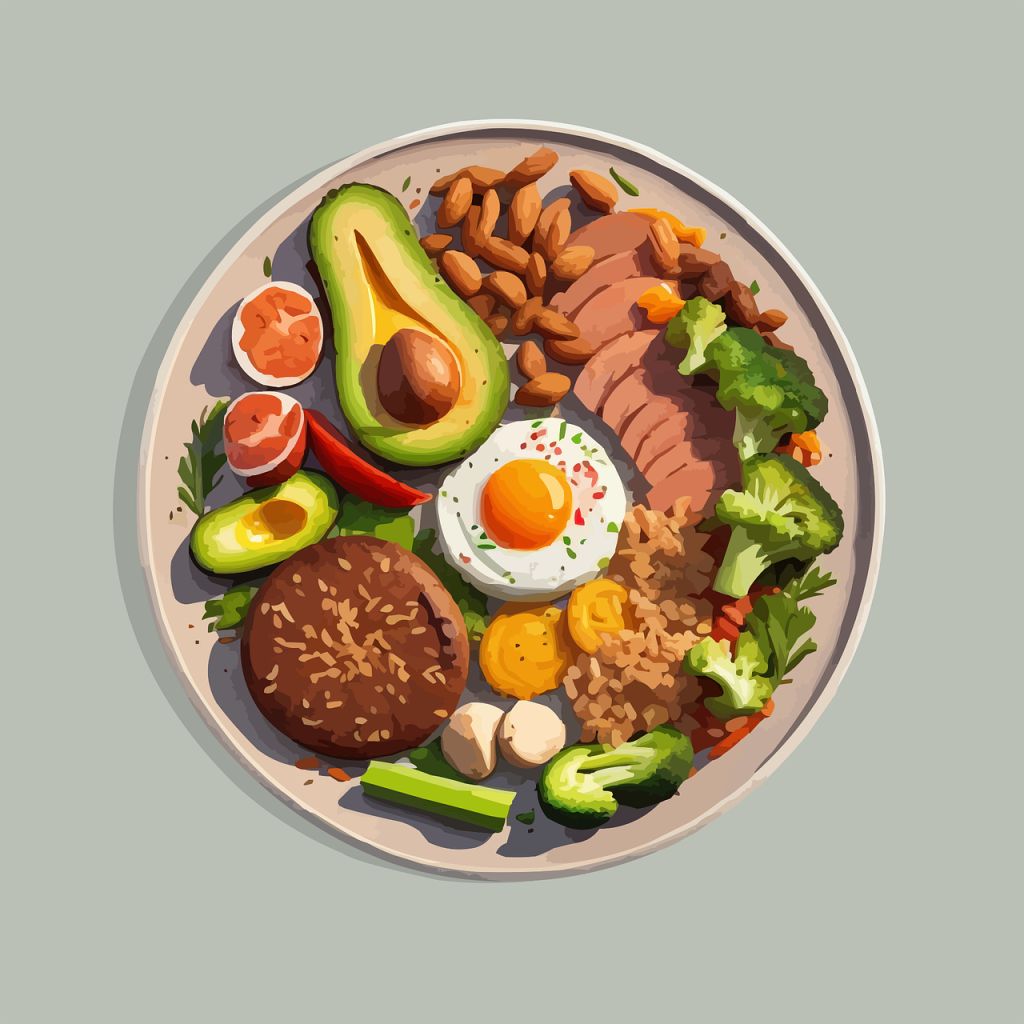
Adjusting Protein Intake for Exercise
When you’re exercising regularly, your protein needs might be slightly higher than those who are less active.
Exercise Demands and Protein Needs
Exercises, particularly strength training, increases your protein requirements as protein plays a pivotal role in muscle repair and recovery.
Post-Workout Protein on a Keto Diet
Including a post-workout protein source can aid recovery and muscle growth. Be mindful of your carb intake, even post-workout.
Optimal Timing for Protein Intake
Although opinions vary, general advice is to consume proteins throughout the day, with a focus on post-workout meals for active individuals.
Scientific Research on Protein and Keto
The relationship between protein, the keto diet and weight reduction has been widely studied.
Key Studies on Protein and Weight Loss
Numerous studies suggest high-protein diets are effective for weight loss. Additionally, research suggests a low-carb diet, such as keto, can help people lose weight faster than a standard, low-fat diet.
Research Challenges and Ongoing Debates
However, the optimal protein intake for weight loss on a keto diet is still under debate, with some research suggesting higher amounts are safe and others highlighting potential risks.
Emerging Research Trends
Emerging trends suggest personalizing protein intake based on individual needs presents a promising approach for effective weight loss on a keto diet.

Personalizing Your Keto Protein Intake
Given the individual nature of dietary needs, it’s important to personalize your protein intake.
Considerations Based on Age and Gender
Your age, gender, and hormonal status can influence your protein requirement. For example, older individuals and pregnant women may need more protein.
Personalizing Protein Intake Based on Weight and Fitness Goals
Your protein intake should be tailored to your personal weight and fitness goals. You may need more protein if you’re looking to gain muscle or less if you’re simply trying to maintain your current muscle mass while losing fat.
Evaluating and Adjusting Your Protein Intake
It’s pertinent to evaluate and adjust your protein intake as you go. As your weight changes or fitness goals shift, so too will your protein needs.
Summary and Key Takeaways
To wrap up, understanding your protein needs when following a ketogenic diet is crucial.
Understanding Keto and Protein
The ketogenic diet is a high-fat, moderate to low-protein, and low-carbohydrate diet. And while the focus is often on fats, protein plays a crucial role in the success of the diet.
Achieving Weight Loss Goals on a High-Protein Keto Diet
The right balance of protein can assist you in achieving your weight loss goals by promoting satiety, preserving muscle mass, and helping to burn more calories.
Considerations for Personalizing Your Protein Intake
Follow general guidelines but remember to customize your intake based on age, gender, weight, fitness goals, and general health.
Future Directions for Research and Practice
Future research should continue to explore optimal protein balances for individual health circumstances and goals to aid in personalizing keto diet implementations.
Remember, though the keto diet can be a potent weight loss tool, it’s not for everybody. Always consult with a healthcare professional before embarking on such significant dietary changes.
